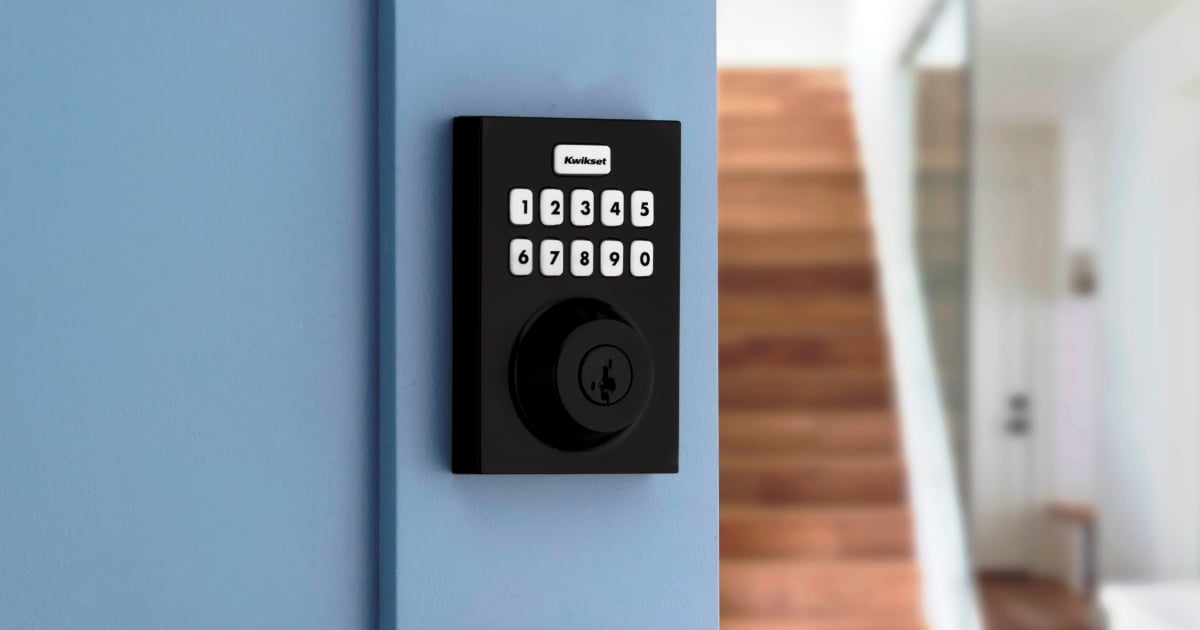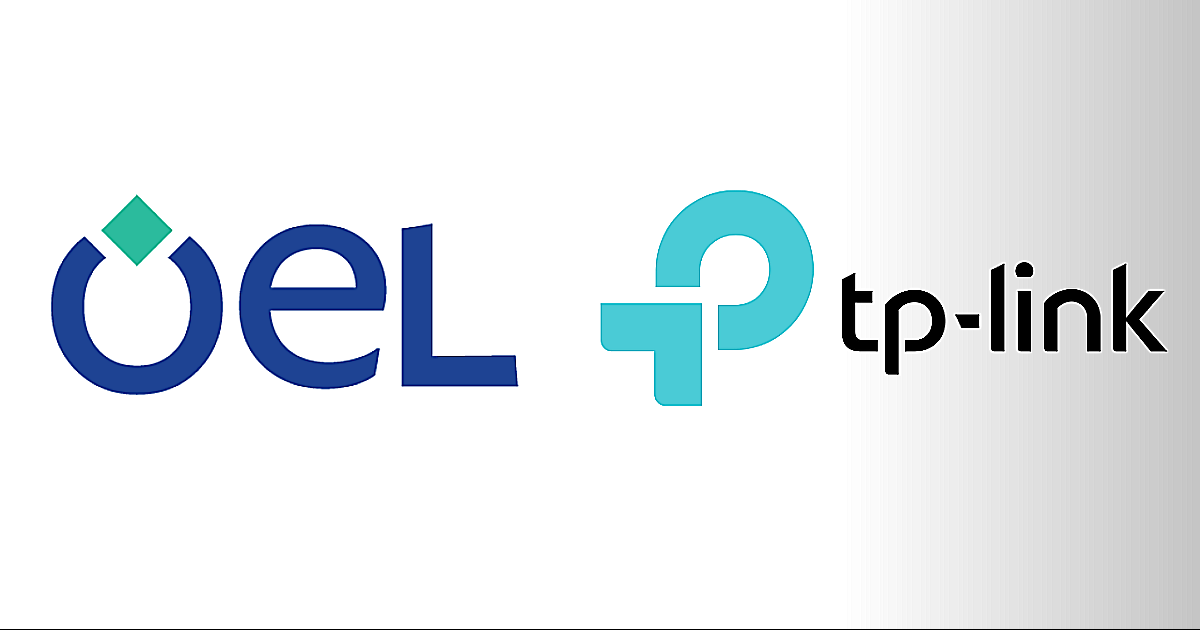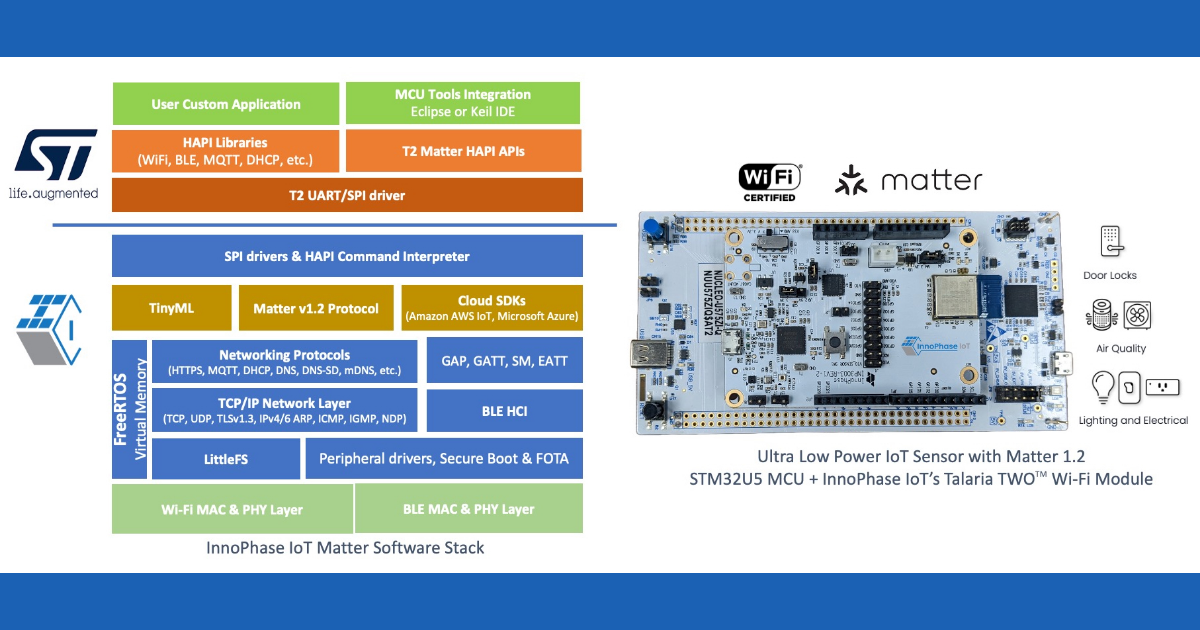Related Articles
Secure Home, Sweet Home: A Quick Look at Kwikset's New Smart Lock Offerings
Smart home security products provider Kwikset announced two new Z-Wave locks: the HomeConnect 918 and HomeConnect 620. Learn more about IoT-powered sm…
Read MoreA Smart Initiative: OEL and TP-Link to Strengthen and Expand IoT Manufacturing Capabilities via Partnership
Optiemus Electronics Ltd (OEL) and TP-Link announced their official partnership agreement that is specifically focused on manufacturing networking dev…
Read MoreA Smart Before-the-Holidays Decision: Arlo and Allstate are Boosting Peace of Mind with New Home Security Bundle
Smart home solutions company Arlo Technologies has officially teamed up with Allstate to offer "The Arlo Total Security bundle for Allstate," which co…
Read MoreTaking Smarter Audio Experiences by Storm: Dirac Appoints Industry Veteran as its New CEO
This morning, smart home audio systems developer Dirac officially announced the appointment of Anders Storm as its new CEO, effective immediately.
Read MoreUpgraded Interoperability for Smart Home Devices, Courtesy of New InnoPhase IoT Integration
InnoPhase IoT announced the availability of its Matter v1.2 platform now combining STM32U5 and its Talaria TWO Wi-Fi solution.
Read More




